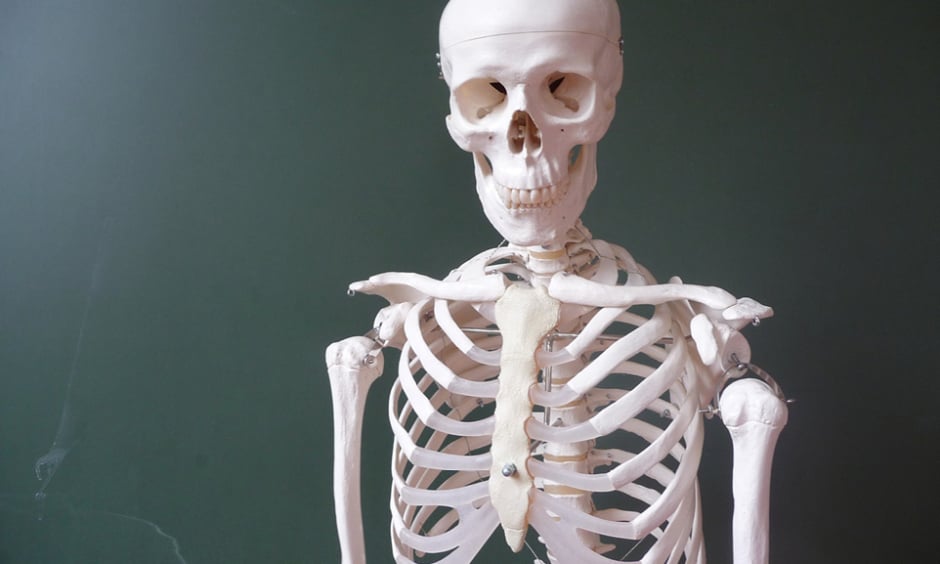BONE MARROW transplantation was the subject of a recent pilot study investigating a prophylactic regimen both for matched sibling donors and unrelated donors for treatment of adults with sickle cell disease (SCD). The results of the study showed comparable overall and event-free survival rates in patients between the two donor types, exceeding 90% and 85%, respectively, after 1 year, and have led to the development of the STRIDE study, a Phase II single-arm, multicentre trial.
The pilot study enrolled 22 SCD patients aged 17–36 years across 8 different sites. Of these, 17 patients received a transplantation from a sibling-matched donor and 5 patients received marrow from an unrelated donor. Non-myeloablative conditioning in SCD patients with matched-sibling bone marrow transplant was found to be effective, whereas a higher intensity regimen of busulfan, fludarabine, and antithymocyte globulin showed efficacy in unrelated-donor transplantation for other conditions. In addition to this, the 3-year event-free survival of patients was measured as 82%, health-related quality of life also improved with statistical significance.
The resulting Phase II trial STRIDE will investigate the effects of a reduced toxicity preparative regimen on graft-versus-host disease prophylaxis in adults with SCD. Overall survival at 2 years from biologic assignment is the primary endpoint. Lakshmanan Krishnamurti, Children’s Healthcare, Atlanta/Emory University, Atlanta, Georgia, USA, explained: “Chronic GVHD is higher in patients aged 16–30 versus patients 15 and younger,” adding “Age is an important predictor of outcomes and the risk for progressive morbidity-impaired quality of life and risk of mortality still exists in adults with sickle cell disease.”







